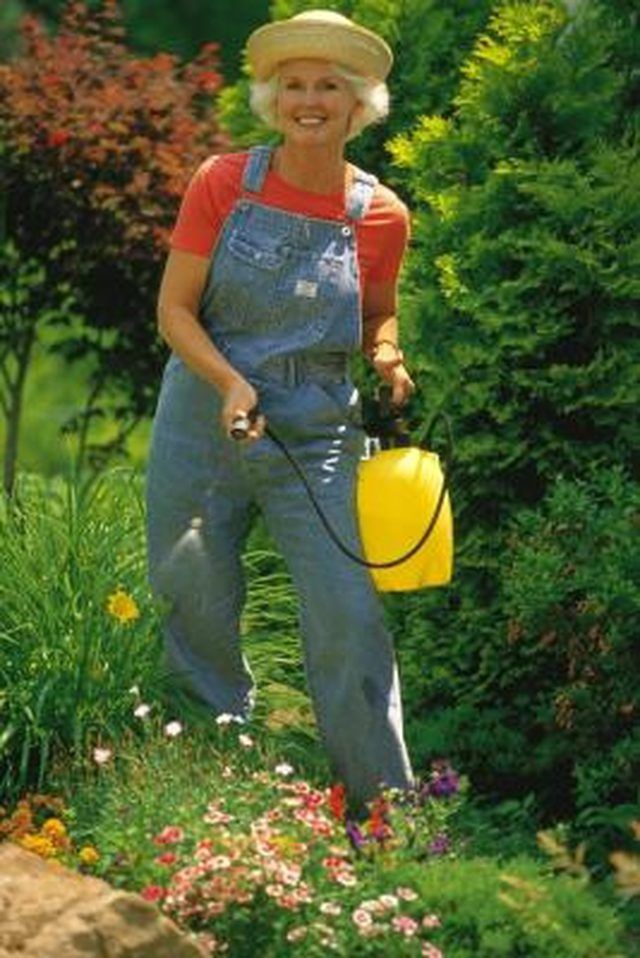Bulbs
Flower Basics
Flower Beds & Specialty Gardens
Flower Garden
Garden Furniture
Garden Gnomes
Garden Seeds
Garden Sheds
Garden Statues
Garden Tools & Supplies
Gardening Basics
Green & Organic
Groundcovers & Vines
Growing Annuals
Growing Basil
Growing Beans
Growing Berries
Growing Blueberries
Growing Cactus
Growing Corn
Growing Cotton
Growing Edibles
Growing Flowers
Growing Garlic
Growing Grapes
Growing Grass
Growing Herbs
Growing Jasmine
Growing Mint
Growing Mushrooms
Orchids
Growing Peanuts
Growing Perennials
Growing Plants
Growing Rosemary
Growing Roses
Growing Strawberries
Growing Sunflowers
Growing Thyme
Growing Tomatoes
Growing Tulips
Growing Vegetables
Herb Basics
Herb Garden
Indoor Growing
Landscaping Basics
Landscaping Patios
Landscaping Plants
Landscaping Shrubs
Landscaping Trees
Landscaping Walks & Pathways
Lawn Basics
Lawn Maintenance
Lawn Mowers
Lawn Ornaments
Lawn Planting
Lawn Tools
Outdoor Growing
Overall Landscape Planning
Pests, Weeds & Problems
Plant Basics
Rock Garden
Rose Garden
Shrubs
Soil
Specialty Gardens
Trees
Vegetable Garden
Yard Maintenance
Definition of Organic Pesticides
Definition of Organic Pesticides. Many people want to use products in their gardens that are safe around children and pets as well as effective. Organic pesticides are often considered safer than non-organic pesticides for the environment, people and animals.

Many people want to use products in their gardens that are safe around children and pets as well as effective. Organic pesticides are often considered safer than non-organic pesticides for the environment, people and animals.
Identification
Organic pesticides are made from naturally occurring ingredients. Non-organic pesticides are created synthetically.
Organic pesticides are used by professional flower and vegetable garden businesses that want or want to keep their organic certification and by home gardeners who want a natural alternative to non-organic pesticides.
Considerations
"Organic" does not mean non-toxic. It is important to read and follow the directions for each organic pesticide. A drawback to organic pesticides is that they usually have to be reapplied numerous times, possibly making a larger impact on the environment than a conventional, non-organic pesticide that is used less often.
Types
Organic pesticides are available in a wide variety of applications. Insecticidal soap, powdered bacteria such as Bacillus thuringiensis (Bt) and pyrethrins, which are chemicals derived from plants, are organic products commonly found in most garden stores. These pesticides are used to kill insects on contact and to keep them from reproducing in gardens.
Warnings
Organic pesticides are a good idea for any gardener if used properly. Although the pesticides are labeled "organic," proper safety gear and application rate must be followed for best results.